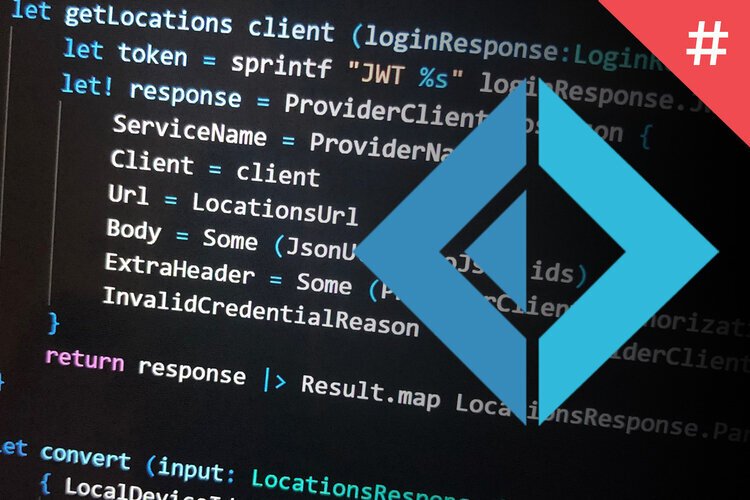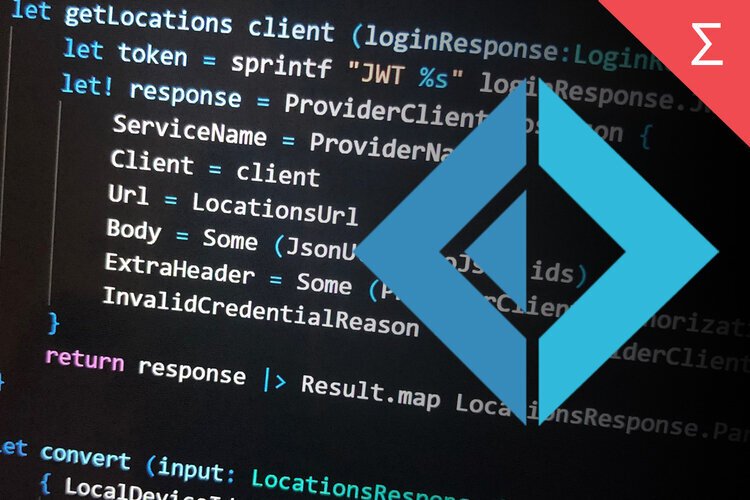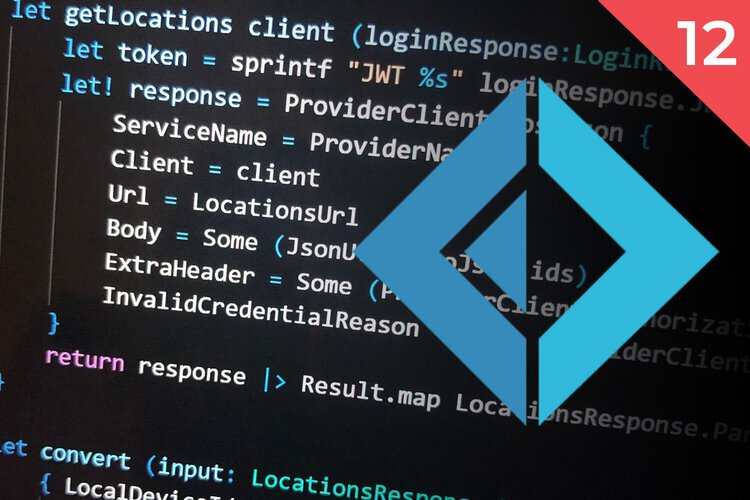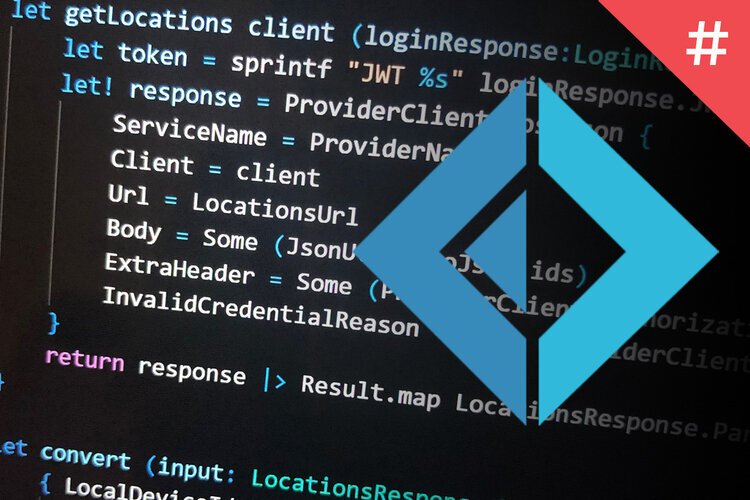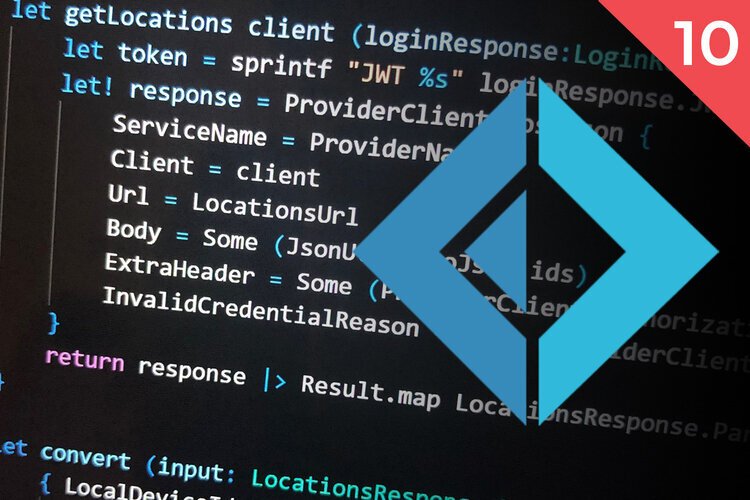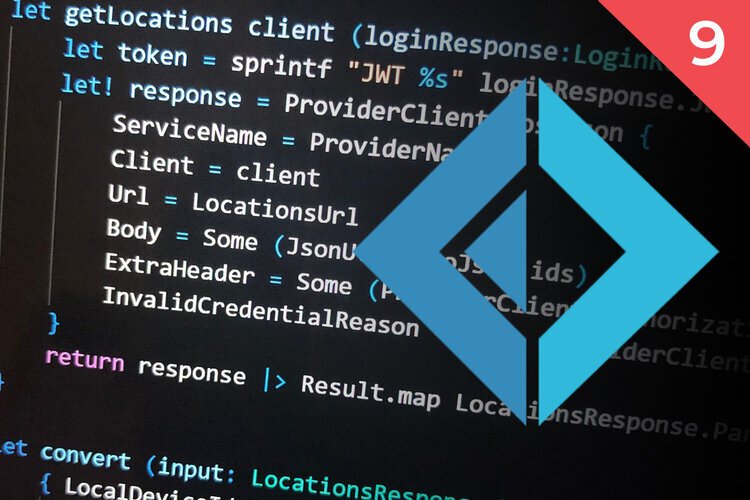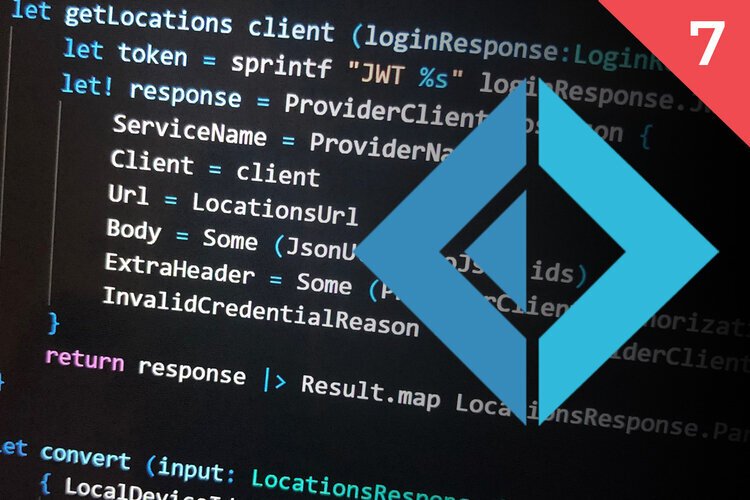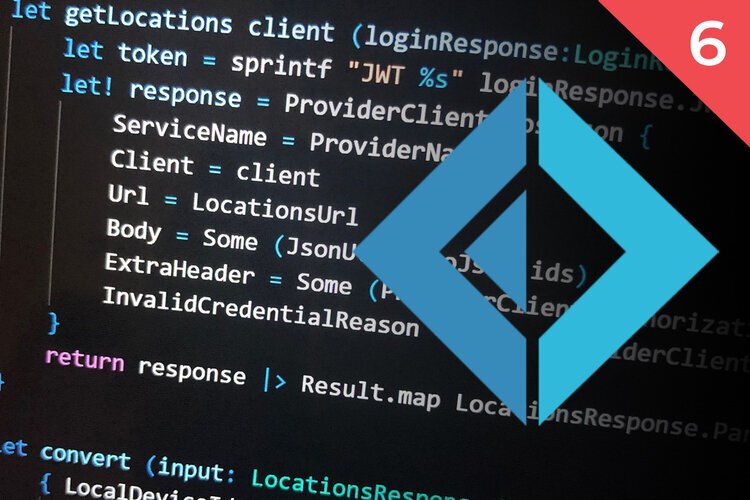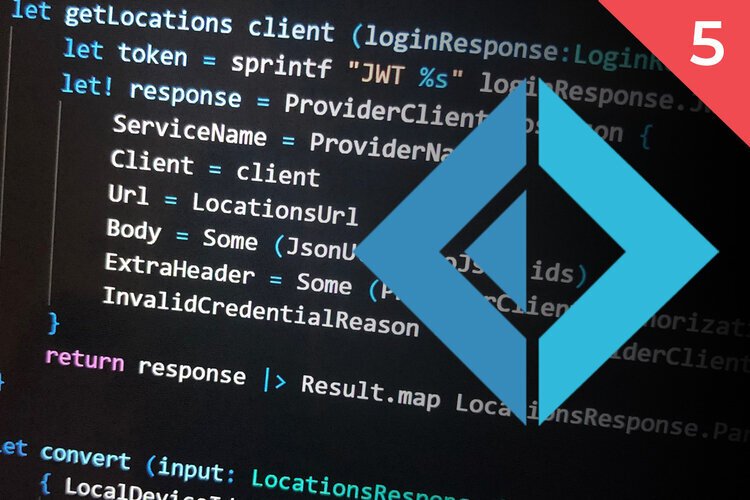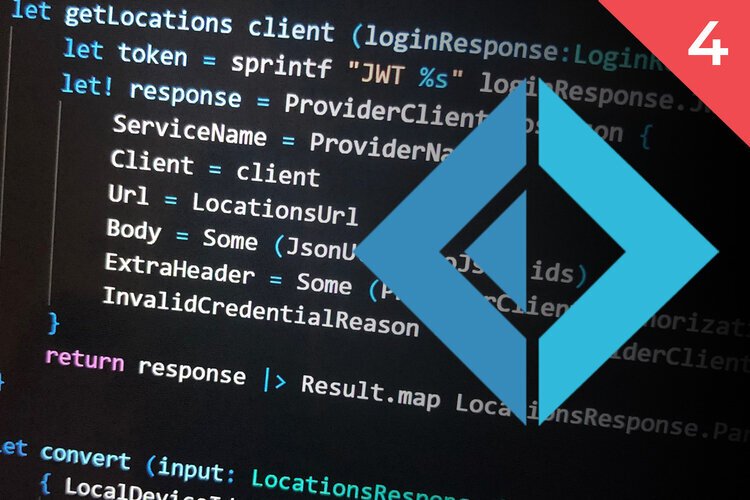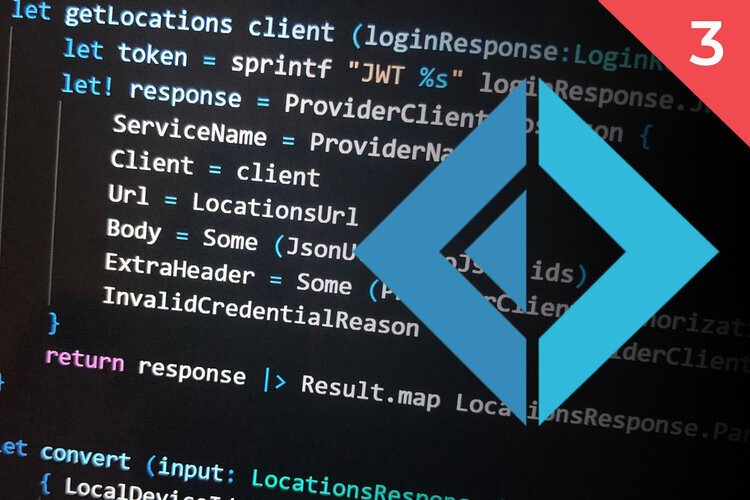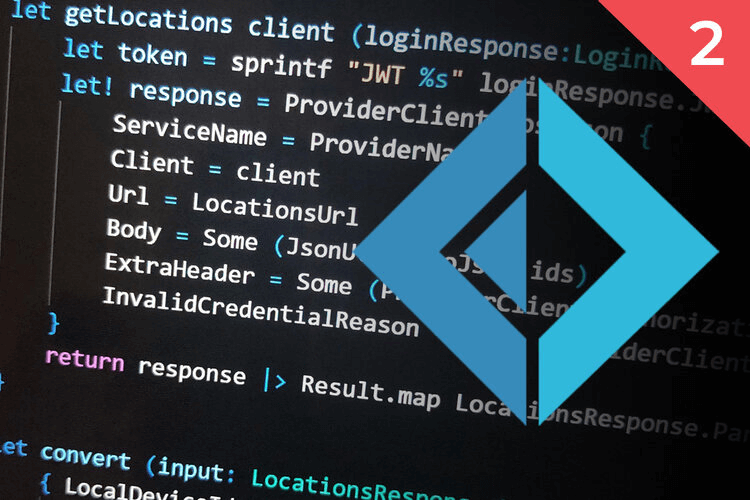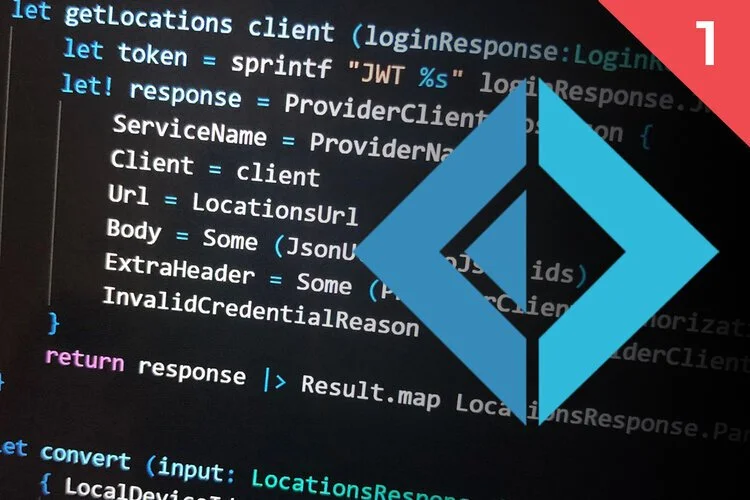Function Composition in F# with Unfriendly Functions
This is a short post looking at how to solve the problem of using F# unfriendly libraries in an F# function composition pipeline. One of my colleagues asked a question about this and I thought it might be interesting to look at some of the options available to us to solve it.
Introduction to Partial Function Application in F#
Partial Function Application is one of the core functional programming concepts that everyone should understand as it is widely used in most F# codebases.In this post I will introduce you to the grace and power of partial application. We will start with tupled arguments that most devs will recognise and then move onto curried arguments that allow us to use partial application.
Introduction to Functional Programming in F# – Table of Contents
This series of posts will introduce you to the world of functional programming (FP) in F#. Rather than start with theory or formal definitions, we will look at some typical business problems and explore how we can use some of the exciting functional programming features in F# to solve them.
Introduction to Functional Programming in F# – Part 12
In this post we will start to learn how to use Computation Expressions, create our own simple one and look at a more complex example where we combine two effects together - Async and Result.
Understanding F# Type Aliases
In this post, we discuss the difference between F# types and aliases that from a glance may appear to be the same thing.
Understanding F# applicatives and custom operators
In this post, Jonathan Channon, a newcomer to F#, discusses how he learnt about a slightly more advanced functional concept - Applicatives.
Introduction to Functional Programming in F# – Part 7
In this post we will be extending our knowledge of Pattern Matching by looking at how we can write our own matchers with Active Patterns. There are a number of different Active Patterns available but we will be concentrating on Partial & Multi-Case.
Introduction to Functional Programming in F# – Part 6
In this post we will introduce the basics of reading and parsing external data using sequences and the Seq module and how we can isolate code that talks to external services to make our codebase as testable as possible.
Introduction to Functional Programming in F# – Part 5
In this post we will be building upon some of the concepts we have learned in previous posts whilst investigating functional collections.
Introduction to Functional Programming in F# – Part 4
In this post we will be building on the function composition concepts we worked through in the previous post and we'll be writing our first unit tests in F#. As an added bonus we will also start looking at how we can separate our code into discrete modules.
Introduction to Functional Programming in F# – Part 3
So far in this series we have covered a lot of the fundamental functional programming concepts. In this post we will investigate null handling and exceptions.
Introduction to Functional Programming in F# – Part 2
In the last post, we learned about some of the core features of functional programming in F#. In this post we are going to concentrate on functions.
Introduction to Functional Programming in F#
This series of posts will introduce you to the world of functional programming (FP) in F#. Rather than start with theory or a formal definition, I thought that I'd start with a typical business problem and look at how we can use some of the functional programming features of F# to solve it.

